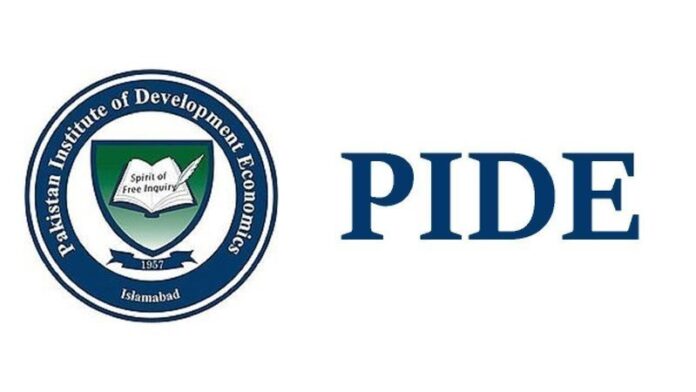ISLAMABAD, January 26, 2025 – A new study by the Pakistan Institute of Development Economics (PIDE) provides a comprehensive analysis of the Grievance Redressal (GR) system within Pakistan’s Sehat Sahulat Program (SSP). The Sehat Sahulat Program is a landmark health insurance program that provides coverage to over 7.9 million families across 68 districts, serving as a critical safety net for vulnerable communities.
The study, commissioned by the Alliance for Health Policy and Systems Research and the World Health Organization (WHO), commends the Sehat Sahulat Program for expanding healthcare access and reducing financial hardship associated with medical expenses. However, it also identifies key areas for improvement within the GR system to enhance program effectiveness and sustainability.
Key Findings and Recommendations for Sehat Sahulat Program
Grievance Redressal System
- Standardized Grievance Redressal Framework: The report emphasizes the need for a standardized system to address beneficiary complaints, including enrollment difficulties, service denials, and limited hospital networks.
- Enhanced Complaint Channels and Management: Currently, the primary complaint channel is a call center, which requires improvements in capacity and technology. The study recommends a centralized complaint management system (ICMS) for efficiently tracking and resolving grievances.
Program Design
- National Consensus on Federal-Provincial Roles: Clearer delineation of responsibilities between federal and provincial stakeholders.
- Competition in Service Delivery: Promoting competition among healthcare providers to improve service quality and cost-efficiency.
- Financing Mechanisms for Public Hospitals: Developing sustainable financing models for public hospitals participating in the SSP.
- Co-payment Options: Exploring co-payment mechanisms to optimize resource allocation and target support for vulnerable households.

Hospital Participation
- Incentivizing Hospital Participation: To encourage wider hospital participation, the study recommends market-based treatment packages and provincial regulations mandating participation in the scheme.
Accessibility and Awareness
- Expanded Regional Presence: Establish local Sehat Sahulat Program offices and conduct public awareness campaigns to improve program accessibility and beneficiary engagement.
Technology and Integration
- Integrated Grievance System: Developing an integrated and automated grievance system with real-time monitoring capabilities, linked to health management information systems (HMIS) for improved service delivery.
Policy and Systemic Issues
- Policy Interventions: Addressing systemic challenges through policy measures, including expanding hospital availability, streamlining enrollment processes, and ensuring real-time data updates in collaboration with the National Database and Registration Authority (NADRA).
By implementing these recommendations, the Sehat Sahulat Program can strengthen its grievance redressal mechanisms, improve program efficiency, and ensure that vulnerable populations continue to benefit from access to quality healthcare services.
This press release is based on the PIDE study authored by Dr. Shujaat Farooq, Director Research PIDE, and Nabila Kunwal, Research Fellow PIDE.
Asaan Karobar Finance and Asaan Karobar Card schemes have been launched by CM Punjab

